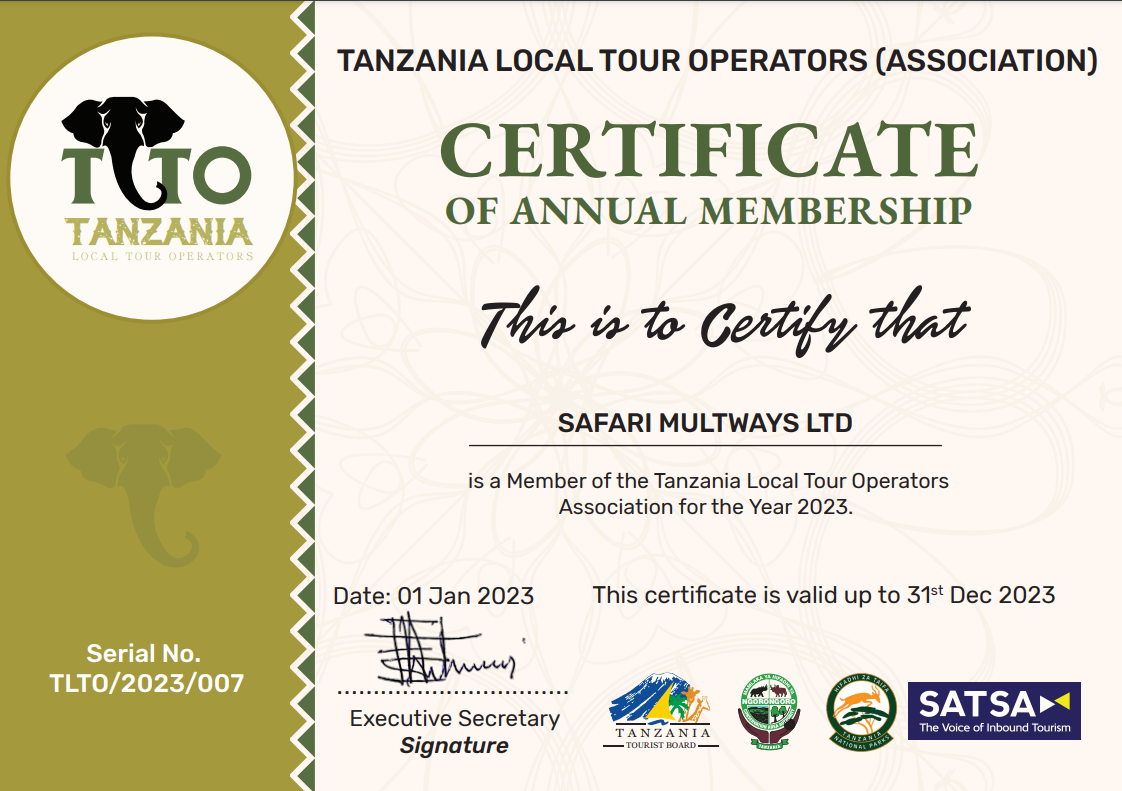Exploring the Fascinating African Tribes of Kenya
Journey into the Rich Culture of Kenyan Tribes
Kenya, a country known for its breathtaking landscapes and diverse wildlife, is also home to a multitude of fascinating tribes that have held on to their unique traditions and customs for centuries. Each tribe in Kenya has its own distinct language, cultural practices, and beliefs, making the country a rich tapestry of diversity and heritage.
One of the most well-known tribes in Kenya is the Maasai, who are known for their vibrant red clothing, intricate beadwork, and skillful dancing. The Maasai people are semi-nomadic pastoralists who rely on cattle for their sustenance and livelihood. They live in traditional bomas, or villages, made of mud, sticks, and cow dung. Visitors to Maasai villages can witness traditional ceremonies, such as the jumping dance performed by young warriors, and learn about the tribe’s close connection to the land and their cattle.
Another prominent tribe in Kenya is the Kikuyu, who are the largest ethnic group in the country. The Kikuyu people are known for their entrepreneurial spirit and are often referred to as the "business people" of Kenya. Traditional Kikuyu ceremonies, such as weddings and initiation rites, are characterized by singing, dancing, and storytelling. Visitors to Kikuyu villages can partake in traditional meals, such as irio (mashed potatoes and peas), and learn about the tribe’s agricultural practices, which include coffee and tea farming.
The Luo tribe, who inhabit the western region of Kenya, are renowned for their fishing skills and vibrant music and dance. The Luo people have a rich oral tradition, with storytelling playing a central role in passing down their history and culture to future generations. Visitors to Luo villages can enjoy traditional Luo dishes, such as fish stew and ugali (maize porridge), and listen to the melodious sounds of nyatiti, a traditional Luo musical instrument.
Discover the Unique Traditions and Customs
Each Kenyan tribe has its own unique traditions and customs that have been passed down through generations, providing a glimpse into the rich cultural heritage of the country.
One such tradition is the circumcision ceremony, which is practiced by many tribes in Kenya as a rite of passage for young men. The ceremony marks the transition from boyhood to manhood and is often accompanied by feasting, dancing, and singing. Visitors to Kenya can witness circumcision ceremonies in Maasai and Kikuyu villages, where they can learn about the significance of this age-old tradition.
Another important custom in Kenyan tribes is the practice of dowry payment, where a groom’s family presents gifts, such as cattle or money, to the bride’s family as a sign of respect and gratitude. Dowry payments vary among different tribes, with some requiring a symbolic amount while others demand a substantial sum. This custom highlights the importance of family and community ties in Kenyan culture.
In conclusion, exploring the fascinating African tribes of Kenya offers a unique opportunity to delve into the rich cultural tapestry of the country. From the colorful Maasai to the entrepreneurial Kikuyu and the musical Luo, each tribe in Kenya has its own story to tell and traditions to share. By immersing oneself in the customs and practices of these tribes, visitors can gain a deeper appreciation for the diversity and heritage that make Kenya a truly remarkable destination.



